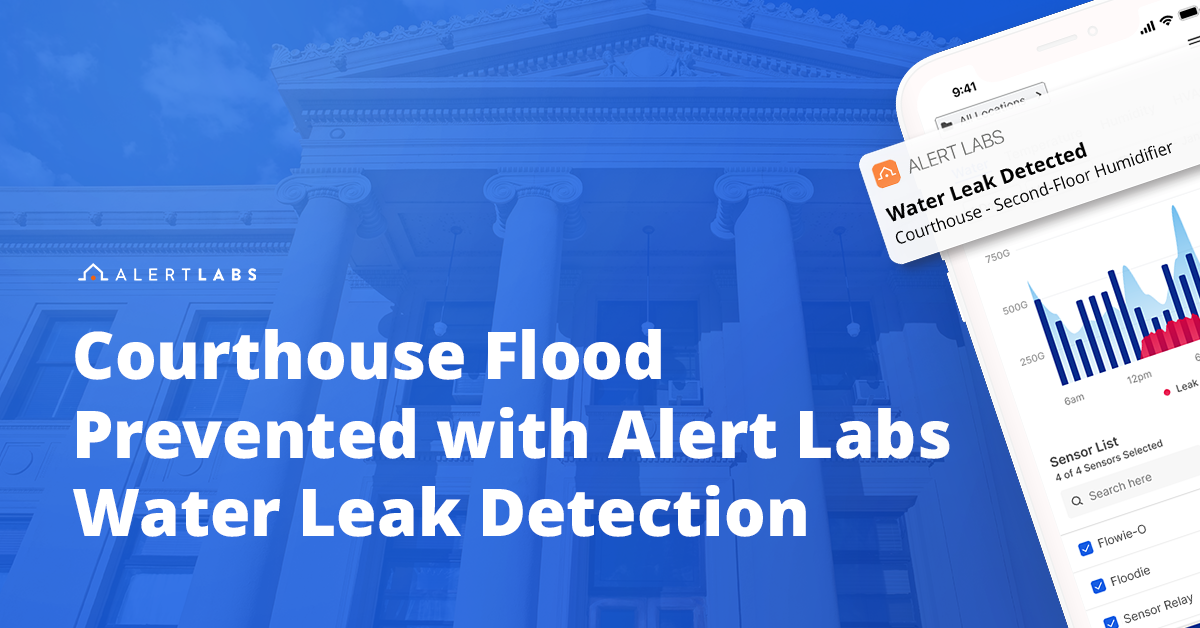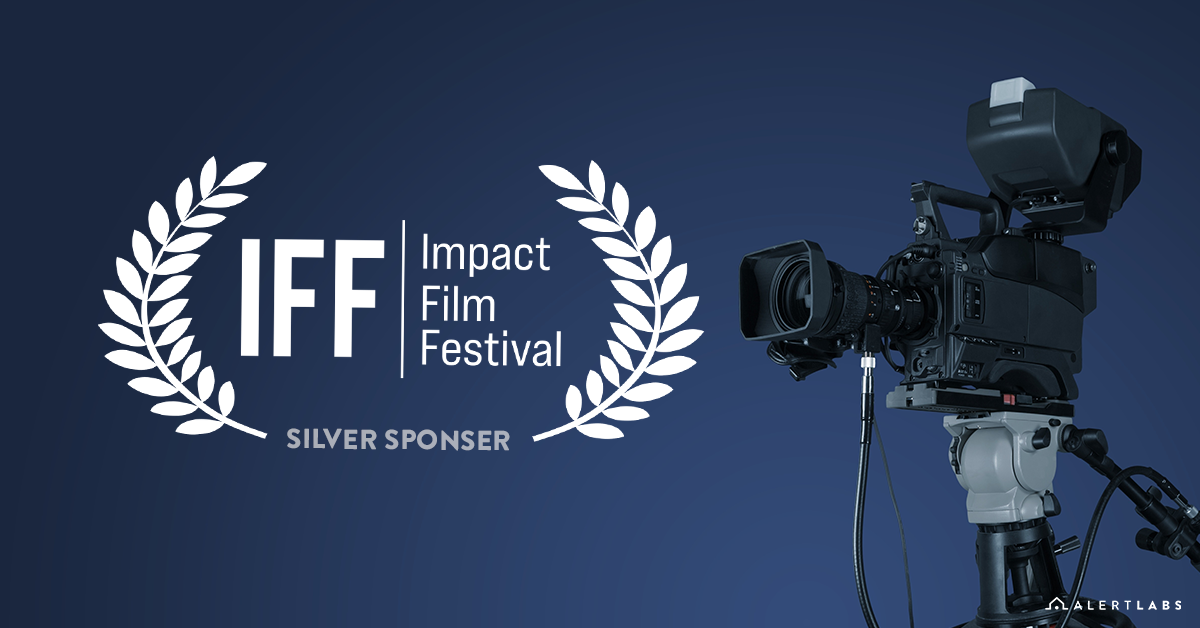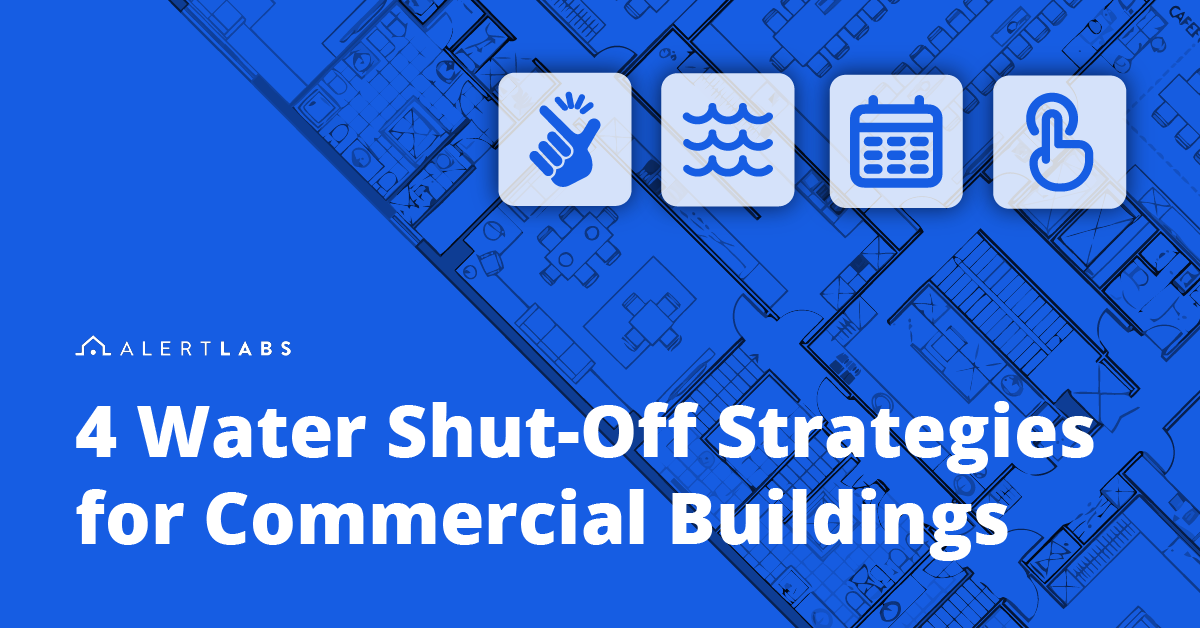How To Choose the Best Water Leak Detector For Property Managers

If you’re a property manager looking for a water leak detector, chances are you’ve had an unplanned high water bill or a 3 a.m. phone call about water damage. But before we delve into the top features to look for in a water leak detector, we should clarify something.
Water leak or flood: what’s the difference?
Water leaks refer to unusual water use that can be identified by analyzing the flow rate of water. A pinhole leak in a pipe would mean that water was flowing 24 hours a day and this could be seen with a water leak detector that tracks minute-by-minute water use. Water leaks cause high water bills and could result in property damage.
Floods are when you can see water on the floor or ceiling. Floods cause property damage.
Now, with that cleared up, here’s a list of things to consider when investing in water leak detection technology.
Choosing the best water leak detector
Here are 10 things to consider when choosing the best water leak detector for your business.
1. Easy to install
Gone are the days when remotely monitoring water flow requires cutting pipe and manually recording water meter readings. The best water leak detector should install in seconds without pipe cutting and use software to record and analyze water use.
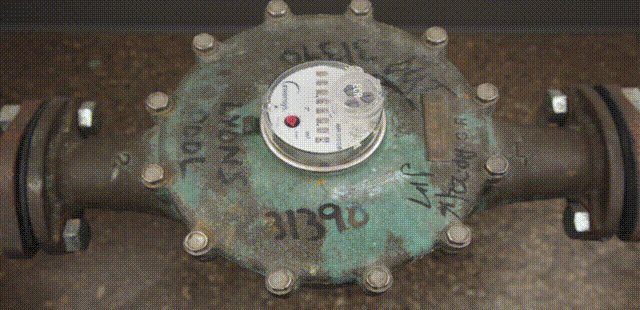
2. Easy to train staff
A barrier to technology today is not always the cost, it’s understanding how to use the technology. The water leak detector your business chooses should be easy for everyone on your team to use.
3. Algorithms that detect water leaks
Your water leak detector should analyze water use minute-by-minute and send alerts (text, email or in-app) to your team as soon as the water use at a building changes significantly from normal patterns. Early detection helps prevent high water bills and damage.
4. Compare multiple properties
Many water leak detectors are designed for individual consumers not REITs, PMs, FMs, schools and others managing multiple properties. Your solution should allow you to easily compare all buildings in your portfolio with automatically generated graphs and reports so that you can easily prioritize and resolve issues.
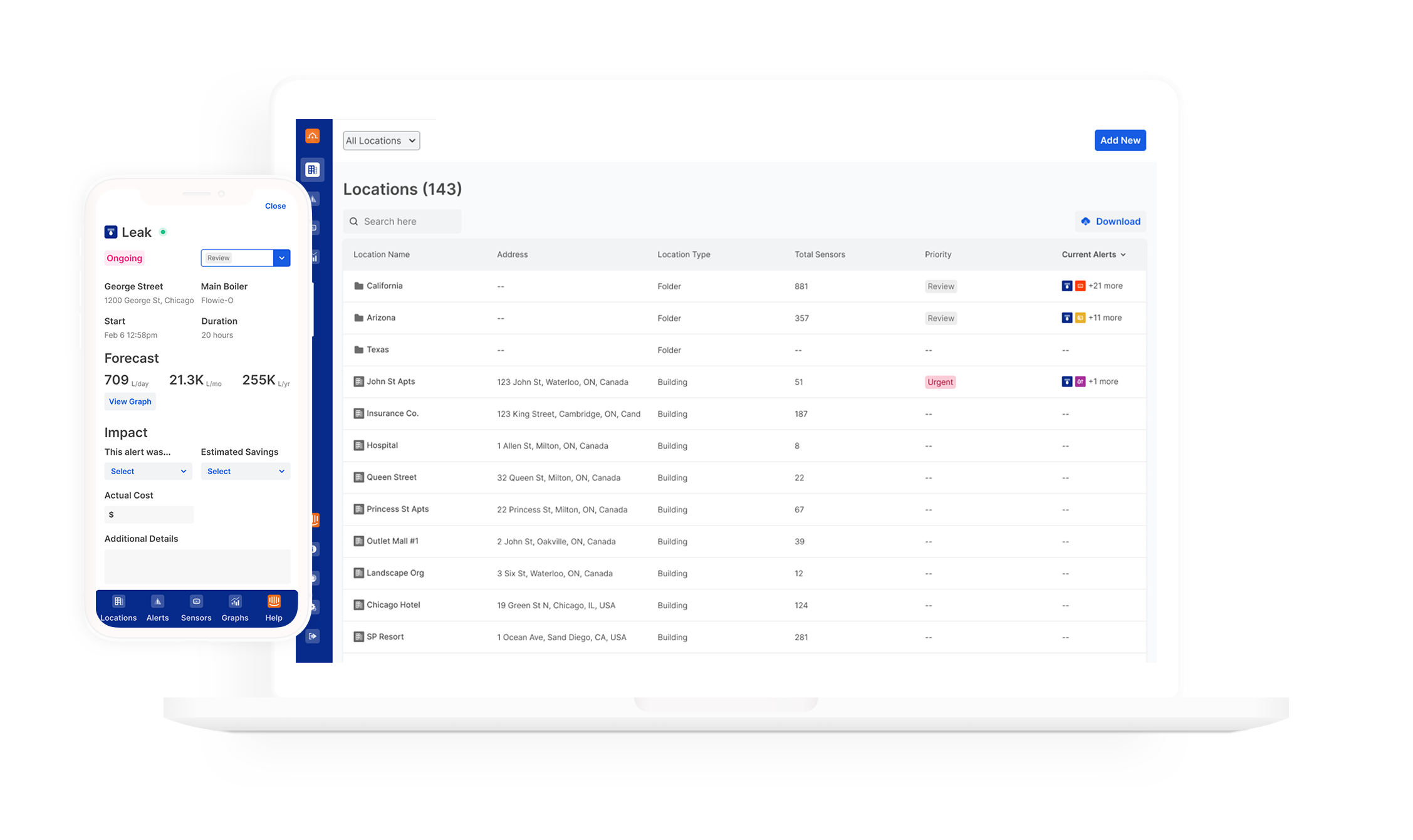
5. Scalable
Similar to point # 4, the water leak sensor should allow you to address immediate issues and then build out the solution according to the needs of your buildings and business requirements.
6. Reliable
Does the water leak detector keep working in a power outage? The most reliable solutions have backup batteries that allow for uninterrupted monitoring.
7. Connection to network
Water leak sensors that instantly connect to the Internet without preexisting WiFi or wired networks are the best choice. In short, they use a cellular network that allows them to be installed at any building – even unoccupied buildings under construction. And because they don't rely on WiFi, they stay connected during power outages, providing even more reliability when it's needed most.

8. Commercial solution that doesn’t need ongoing tech support
Technology should work for you and your team not the other way around. You shouldn’t also need to be an IT specialist to maintain your buildings. The best water leak detectors can be installed easily by onsite teams.
9. Customizable
You should be able to modify the volume of water water flow that triggers a water leak alert or set the temperature range you want to receive text alerts for. You should also be able to decide who receives the alerts according to staff schedules, roles and the properties they maintain.
10. Part of a team of sensors
Even the best water leak detector can’t do everything. When it comes to detecting floods to prevent water damage, flood sensors, automatic water shut-off valves, and sump pump sensors can help minimize water related costs.


